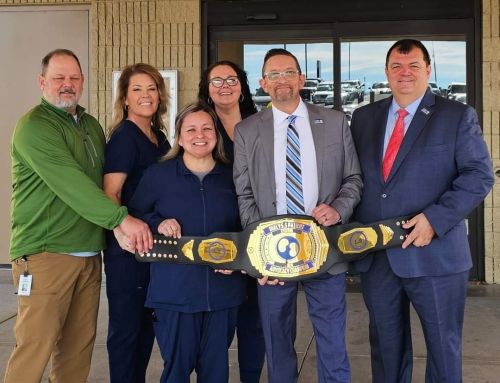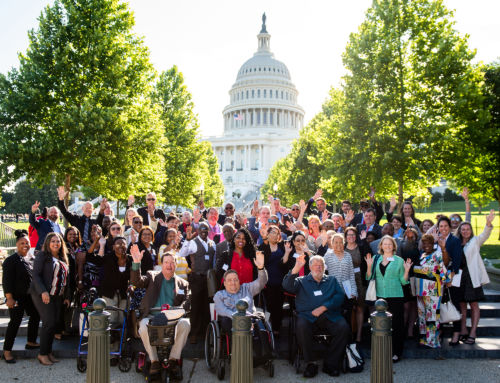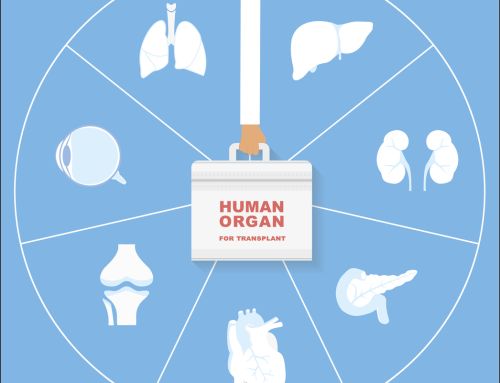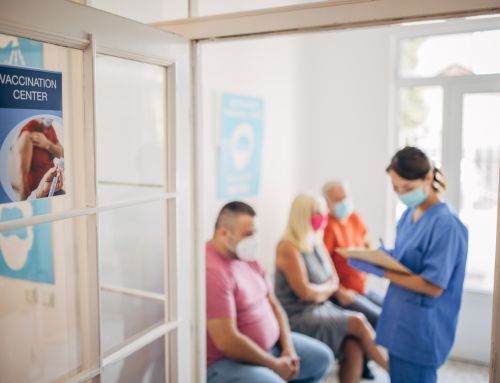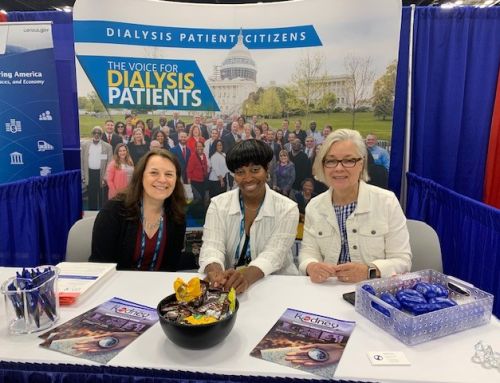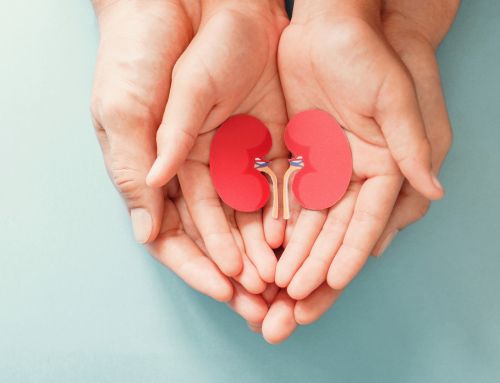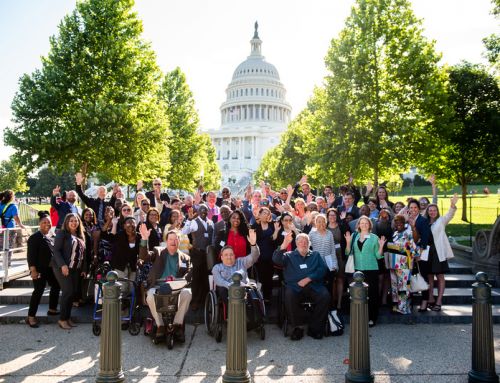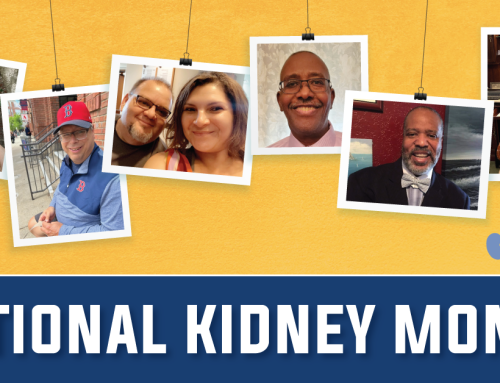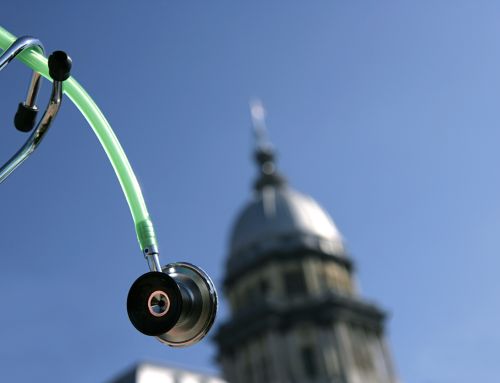It is well known that the best treatment for end-stage renal disease patients is a kidney transplant. While there are many health factors that affect a patients’ ability to receive a transplant, a recent study found that only 28 percent of adult patients beginning dialysis were even referred for kidney transplant evaluations.
The study, published in the Journal of American Medical Association, examined 15,000 patients within Georgia’s three transplant centers. Referral rates varied from 0% to 75% in some dialysis facilities. Researchers found that facilities with the lowest referral rate were “likely to be nonprofit, hospital-based, have more patients, treat patients in high-poverty neighborhoods and have a higher ratio of patients for every social worker.” This disparity suggests that current methods of gauging the quality of dialysis facilities, measuring the length of time patients wait for a transplant and how well they do after a transplant, may not be good enough.
While more research is needed into the matter, the study calls for a system to better educate patients and professionals about the transplant process. According to current data, around 100,000 patients are on wait lists, while only 16,000 kidneys are transplanted each year.



